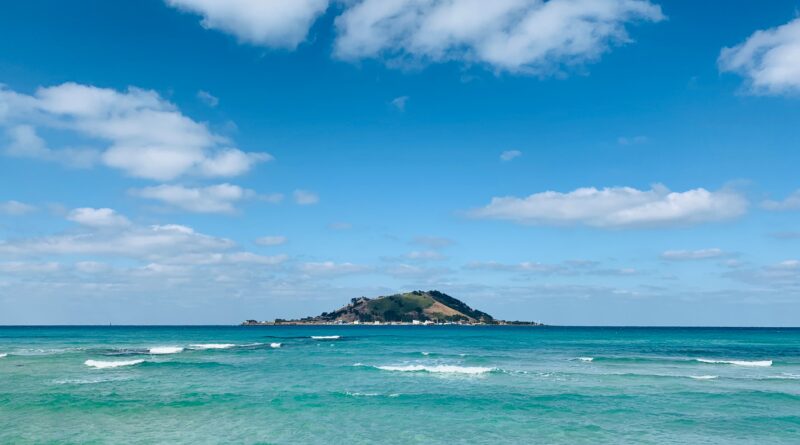Metaverse to the Rescue as Rising Sea Levels Threaten Island Nation
As climate change threatens the existence of Tuvalu, its leaders look to preserve the island’s memory in the Metaverse.
November 16th, 2022, is a date that will forever be etched in the mind of every citizen of the tiny Pacific island of Tuvalu. At the United Nations climate change conference, COP27, Tuvalu sent out a message to world leaders highlighting the effects of inaction on climate change regulations and how it has made the country the world’s first virtual nation.
While delivering the address during the summit, it appeared Simon Kofe, Tuvalu’s Minister for Foreign Affairs, mounted a physical podium. As he proceeded with the address, the veil lifted to reveal a virtual recreation of Tuvalu, which the country now believes to be its future. According to Simon Kofe, all nine islands of Tuvalu, situated about 1000 kilometers north of Fiji, are presently under the threat of disappearing due to the rapid rise in sea levels resulting from climate change.
In Minister Simon’s speech, he made it clear that some islands are already under imminent threat of submergence while others are expected to follow soon. Since the entire world failed to respond following last year’s summit, Tuvalu has gone on to launch the Future Now project, which, according to Simon, is a precautionary measure that moves the most precious heritages of Tuvalu to the metaverse to preserve them.
Tuvalu’s metaverse is currently being constructed by the global professional services firm Accenture. In its metaverse, citizens of Tuvalu will be able to interact with their land and national monuments as they remember them, even if they eventually go underwater. Only the island Te Afualiku has a digital twin in the metaverse, with others to follow shortly, according to Accenture’s Health and Public Service Lead, John Vidas.
Mr. Vidas claims Accenture has gathered enough data to recreate the island – photos, drone recordings, and videos of all its features, from the sand on its beaches to the directions in which its waters flow. Also, with the continuous threat of the many effects of climate change, Tuvalu’s hope with this project is to preserve its culture. Metaverse technology will help the island nation achieve its goals, while it hopes the day may never come when the ocean will rise to cover the nine islands.
Over 12,000 people live in the sovereign state of Tuvalu. While the country has called out world leaders for failing to honor the Paris Agreement 0f 2015 and all its commitments, it has made a bold step to remain ahead of the curve, although the possibility of its land remains. While Tuvalu’s approach may be welcome for proponents of the metaverse, if climate change is unchecked, several other nations will be submerged by water in a few years.
The government of Tuvalu is also moving most of its operations online, preparing to function as a fully digitized state. Also, the government is considering legal avenues towards preserving the sovereignty of its marine borders and statehood in the event of total submergence of its lands.

